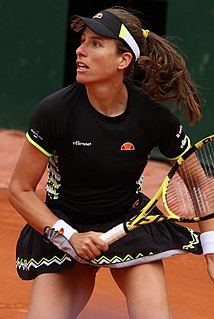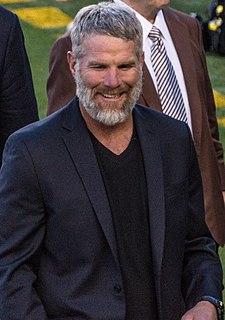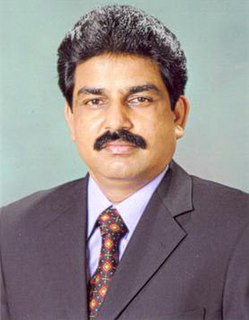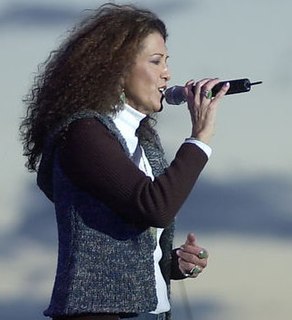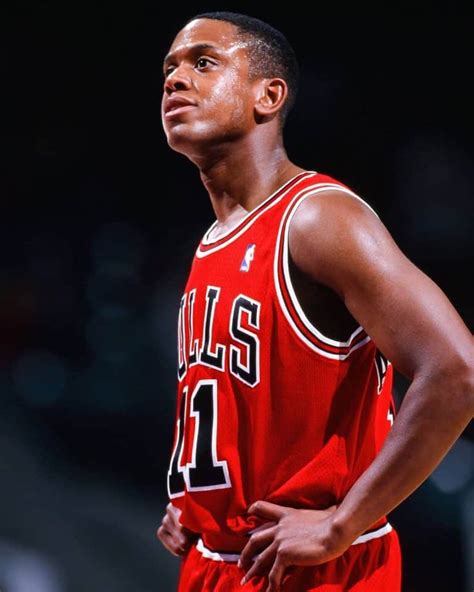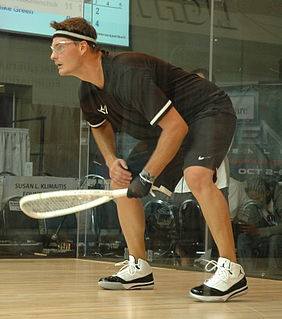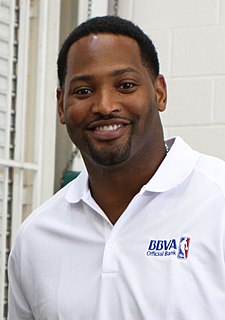A Quote by Johanna Konta
If I would go out against some of these players and see them as their ranking, then I probably would have already lost before I even stepped on the court.
Related Quotes
I would walk into the Carnegie Library and I would see the pictures of Booker T. and pictures of Frederick Douglass and I would read. I would go into the Savannah Public Libraries in the stacks and see all of the newspapers from all over the country. Did I dream that I would be on the Supreme Court? No. But I dreamt that there was a world out there that was worth pursuing.
I could not move them. They would not even agree to a modification, of the ruling (banning the Rand vaccine), which would at least allow the 100 (cancer) patients at Richmond Heights (Ohio) to complete their injections. The Justice Department was prepared to go along, but the FDA commissioner, Dr. James Goddard, was adamant, even belligerent. It's wrong of the government to snatch away this hope when there is no evidence against its use offered in court. It's damnably wrong.
Bernard [Leach] had acquired many [Shoji] Hamada works. Some of them, it was interesting - first of all, Hamada worked in St. Ives for about four years before returning to Japan to start his own pottery. He had exhibitions in London, and if these exhibitions didn't sell out, the galleries were instructed to send the remaining work down to the Leach Pottery, where they would go into the showroom for sale. If Bernard saw one that hadn't sold that he really admired, then he would take it (he would buy it), and it would go into the house.
But when General Ziaul Haq introduced the strict blasphemy - 295 A, B, C - of Pakistan's penal code, then from 1986 to today there are hundreds cases that are registered under the protection of blasphemy law. And until today, no case against any minorities, and especially Christians, is proved in the higher court. The lower court would order punishment but the higher court would always acquit people. So it proves that this law is being used as a tool of victimization against minorities and innocent people of Pakistan.
I had a lot of great lakes of ignorance that I was up against, I would write what I knew in almost like islands that were rising up out of the oceans. Then I would take time off and read, sometimes for months, then I would write more of what I knew, and saw what I could see, as much as the story as I could see. And then at a certain point I had to write out what I thought was the plot because it was so hard to keep it all together in my head. And then I started to write in a more linear way.
Learning was never structured for me. I started playing when I was two. I would go to the gym with my dad who played regularly. I 'd get on the court and play when he would go for a drink of water or something. When I was four they shaved down the grip on a racquet so I could hold it. I can't even tell you why I loved being on the court, I just knew I enjoyed it. It was always about sports for me.
